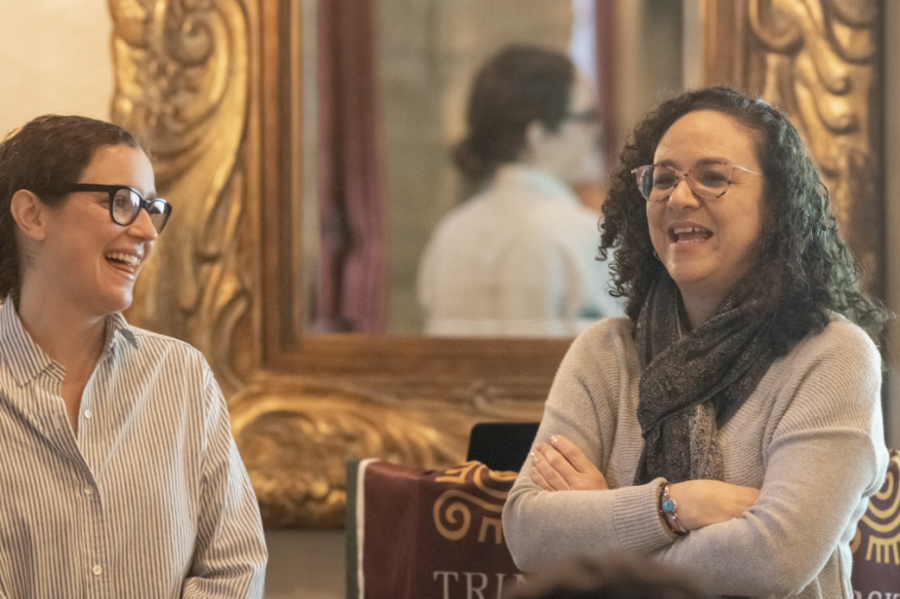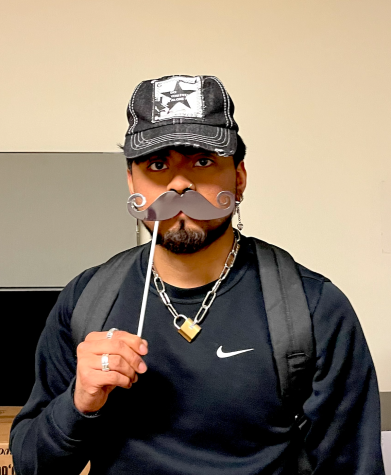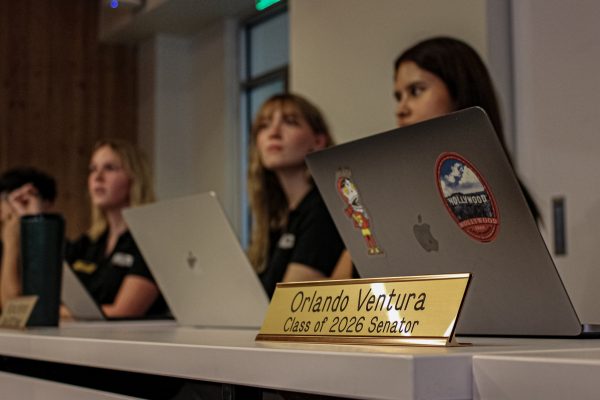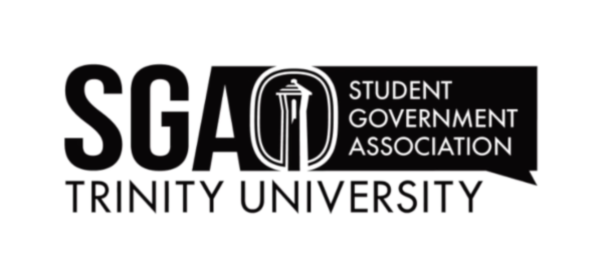Rachel Nolan kicks off the 2023 MAS Álvarez Seminar
First lecture from speaker slate on “Global Migration and Challenges at the U.S.-Mexico Border”
Rachel Nolan and Dania Abreu-Torres share a laugh before the seminar.
The Mexico, Americas and Spain (MAS) program at Trinity aims to share international perspectives with students. With San Antonio only three hours away from the U.S.-Mexico border, the MAS Álvarez Seminar has been a staple of their mission to educate the student body. The program, organized every spring, utilizes various media to highlight the influence and culture of many countries and peoples.
This year, the seminar consists of three public lectures on global migration and challenges faced at the border, delivered by three individuals established in the field. The first of these events took place on Feb. 2, when Rachel Nolan presented her lecture “We are here because you were there: Surviving civil wars and migrating from El Salvador and Guatemala.”
Nolan obtained a Bachelor of Arts in history and literature from Harvard University and a doctorate in Latin American and Caribbean History from New York University. She applied her experience in school to the real world, working as a journalist in both El Salvador and Guatemala after her formal education.
In her lecture last Thursday, Nolan detailed the nations’ struggle through massive amounts of state violence throughout the century. Despite being labeled as “civil wars,” the majority of the casualties were caused by government troops from both countries. Because of their fears of the spread of communism in the region, American policymakers like Ronald Reagan sent millions of dollars to fund the Salvadoran military government. These factors contributed to the first large wave of emigrants from both countries, with many immigrating to the United States.
When it comes to Guatemala specifically, Nolan highlighted the inherent misunderstanding of the various Indigenous peoples within the country. One of the most significant issues facing these individuals is the lack of awareness when it comes to their languages. Many people associate them with other Latinx peoples, yet they speak entirely different languages depending on their respective backgrounds. As a result, the immigration process for these individuals can be extremely complicated, as finding proper translators in the United States and other countries has proven to be difficult.
Nolan was invited to campus by Emilio de Antuñano, history professor and organizer of the Álvarez Seminar speaker series. In selecting the different speakers for the event, he highlighted the importance of hearing from a variety of perspectives regarding the topic of immigration.
“I think it’s just more interesting for students to get a sense of how different perspectives look at one issue. Having a historian, having a journalist, having a human rights person, it’s just different approaches to one problem,” Antuñano said.
The event featured an initial lecture period and a question-and-answer section opened up to the audience. During this latter portion, audience members of all ages posed questions regarding the past and present of El Salvador and Guatemala.
This prompted discussion on topics such as the 14 families of El Salvador and El Salvador’s current president, Nayib Bukele. For the former, Nolan explained that this group of families is infamous for controlling a large majority of El Salvador’s resources, although the actual number of families is disputed within her field. For the latter, she explained how Bukele promised a crackdown on gangs in the area but has instead targeted young men in poor communities regardless of their affiliation with gangs. Despite this, and some past controversies regarding Bitcoin, he has continued to remain extremely popular.
Above all else, Nolan stressed the importance of understanding these individuals and their stories, something with which Antuñano fully agrees.
“I think it’s important that students have a global vision of the world,” Antuñano said. “One that has the U.S., but also Mexico, Central America and other places. It’s an effort to be less provincial and less nationalistic in how we think about the world.”
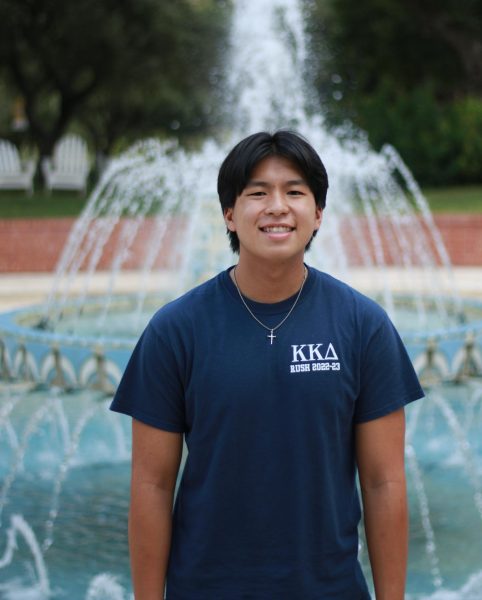
My name is Joshua Mitra and I'm a sophomore planning to double major in political science and communications. I'm from Boise, Idaho and use he/him pronouns....

